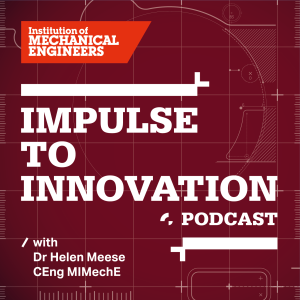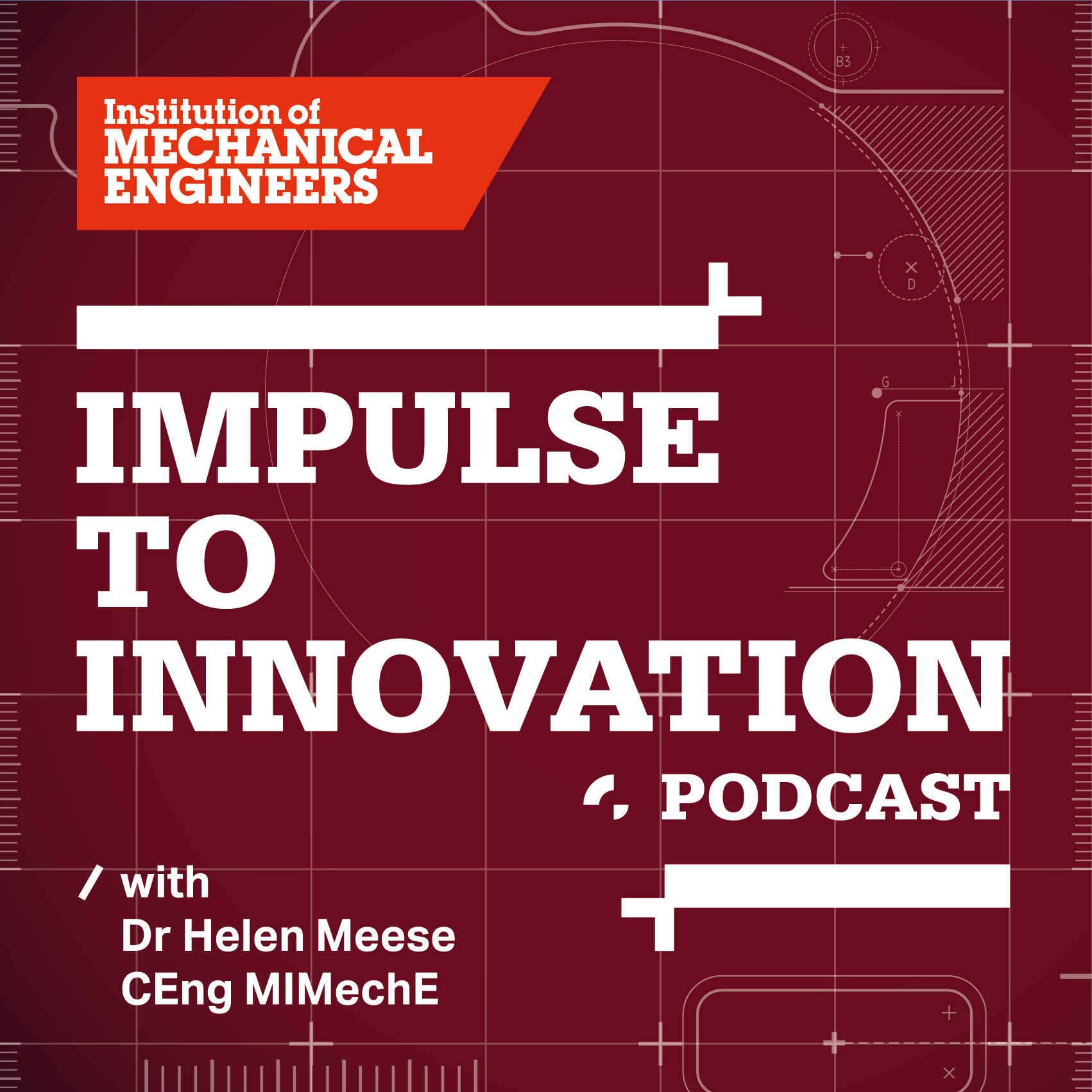Episodes

Monday Mar 01, 2021
Monday Mar 01, 2021
In this month’s episode we are focusing on Railways and rail technology and how one of the world’s oldest forms of mass transit is changing the way we think about climate change. We also discuss automation and how the heavy rail industry may one day adopt well-tested technologies used on our metro trains.
George Stephenson looms large in the minds of most mechanical engineers when you ask them to think of an engineering icon. Indeed, the earliest history of our institution was born from the steam and motion of those early technological developments of the 1800s. But while George and his like would still recognise the rails and the roar, todays locomotives and the services they provide across continents, would be beyond even his wildest dreams. And those early engineers would certainly be unaware of the global impact their technology would eventually have on international economics, environment and society.
Today the UK rail is a £20Bn industry with £881m of that generated by Freight transportation. In 2019 passengers travelled over three-and-a-half trillion kilometres on the world’s rail networks, with three-quarters of rail passenger movements and half of rail freight relying on electricity as the main form of power. And indeed, the International Energy Agency (IEA) believes that Global transport emissions could peak in the 2030s if railways are “aggressively” expanded, particularly as they are “uniquely positioned” to take advantage of the rise of renewables in the electricity mix, making Rail among the most efficient and lowest emitting modes of transport.
But moves to expand rail networks is not without controversy and the environmental impact of large-scale rail construction projects and the level of disturbance caused by railways due to noise and vibration, air, soil and water pollution, and soil erosion continue to provoke serious debate.
Useful Links:
https://www.imeche.org/industry-sectors/railway
https://www.youtube.com/watch?v=0xTh5TTCyWg&list=PLqsai3fnPH2GbScPxas1I9112M86jQimd&index=7
https://www.youtube.com/watch?v=J_25isCUFqw&list=PLqsai3fnPH2E_G2PlKf4nsjO8fG5uq1qP
Helen's guests this month are both rail engineers and have spent much of their lives following that ‘permanent way’.
Malcolm Dobell has over 45 years experience in the industry. He was Head of Train Systems Engineering for the London Underground for much of that time, Leading the 300 strong Rolling Stock, Signalling, Track, and Power engineering teams who provide engineering services to the undergrounds. He is also a former IMechE Railway Division Chairman and a current board member, and helps to organise and judge the annual Railway Challenge. Malcom and I discussed the benefits of automation of rail services, the challenges facing rail engineers in designing safety systems and what other innovations we might see on the railway in the future.
Useful Links:
https://www.youtube.com/watch?v=1fGuILnMfiU
https://www.thameslinkprogramme.co.uk/learning-legacy/new-trains-technology/ato/
Helen chats to retired railway engineer and Rail Engineer magazine editor, David Shirres about the impact of decarbonisation on the UK rail network and how a blend of different energy sources will provide new opportunities for the rail industry. David has worked in rail safety and compliance for much of his career and has managed a number of large-scale construction projects to improve safety and utilities management across the rail network. David is an ardent supporter of electrification and is keen to ensure wider society understands the impact the railway has on our environment and our energy consumption.
Useful Links:
https://www.imeche.org/policy-and-press/reports/detail/the-future-for-hydrogen-trains-in-the-uk
https://www.youtube.com/watch?v=t6vbeBRDhpA&list=PLqsai3fnPH2E_G2PlKf4nsjO8fG5uq1qP&index=26
https://www.railengineer.co.uk/selling-electrification/
We would love to hear your thoughts and comments on this episode or about your experiences, interest or work in Rail and Rail Technologies. If you would like to get in touch email us at podcast@imeche.org
You can find more information about the work of the IMechE at www.imeche.org

